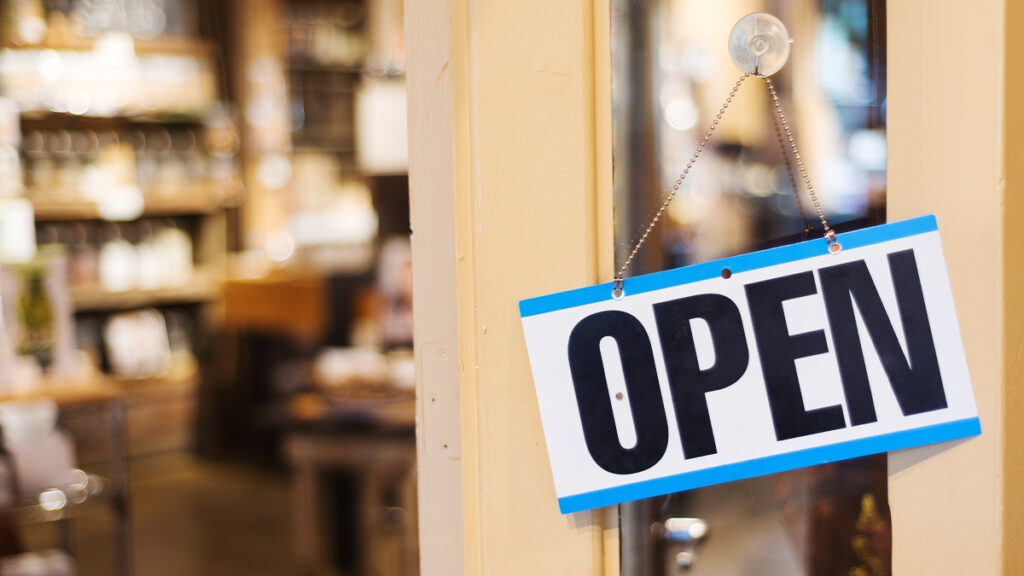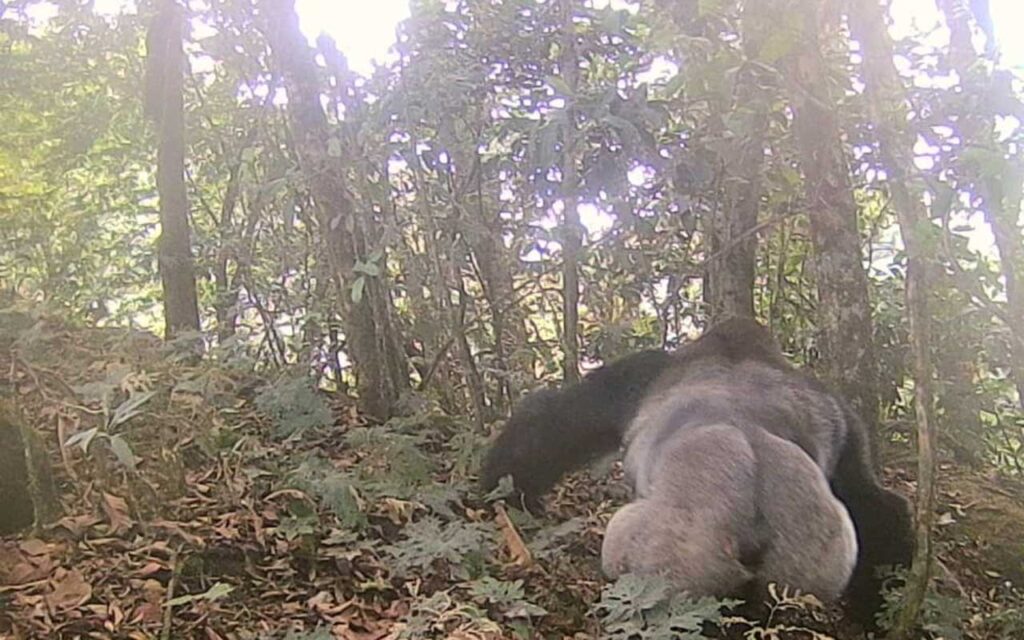
Despite the thorny economic environment, more Nigerians are embracing green businesses that place sustainability, environmental preservation, and social justice at the front burner.
The businesses are keying into the nation’s efforts to transition to a green, low-carbon economy, which have been demonstrated by the enactment of the Climate Change Act 2021 by the President Muhammadu Buhari administration. The Act provides a framework for mainstreaming climate action, building resilience, and achieving net-zero emissions by 2060.
In 2022, the federal authorities also launched its Energy Transition Plan (ETP), to tackle the challenge of energy poverty and reduce greenhouse gas (GHG) emissions in the power, transport, and other energy-related sectors. These sectors contribute 65 per cent of Nigeria’s total emissions, with the power sector accounting for 27 per cent of in-scope emissions, followed by transport (24 per cent), cooking (22 per cent), industry (16 per cent), and oil and gas (11 per cent).
The ETP aims to foster a just energy transition – which means ensuring energy access is fair, inclusive, and equitable in the shift to clean and low-carbon sources. A 2018 United Nations Environment Programme (UNEP) report on the sustainable investment opportunities in Nigeria estimated the country’s overall sustainable financing gap at over $80 billion yearly up to 2030. The ETP alone will require $410 billion in funding over the implementation period from 2022 to 2060, or about $10 billion in average annual investment.
The country has made some progress in developing the financial architecture for driving green growth, namely green finance or sustainable finance. For instance, Nigeria has one of the most developed green bond markets in Africa. It became the first African economy (and the fourth globally) to issue a sovereign green bond in 2017 when the government issued a N10.69 billion green bond. This was followed by the N15 billion green bond issued in 2019, and which was oversubscribed by 220 per cent.
The Guardian learnt that green businesses are rising rapidly, especially in plastic waste management and renewable energy. A combination of ambitious government efforts, an epileptic power supply, and a growing recycling sector are propelling this growth.
According to a World Bank Organisation (WBO) report, Nigeria ranks ninth in terms of global waste production, with a yearly output of 32 million tonnes. Plastic waste accounts for 7.8 per cent of this total, while e-waste makes up 3.8 per cent. This is due to the country’s growing population and expanding consumer market.
The country has a robust plastics industry, with over 3,000 companies and many raw material imports. Despite the concerns and high waste figures, Nigeria’s significant waste output presents a promising opportunity and an ideal environment for green businesses to thrive.
In response to the country’s growing need to reduce its carbon footprint as a result of its excessive usage of plastic, the Federal Government has turned to plastic recycling and launched programmes to strengthen the recycling industry.
Some of these initiatives include the ongoing goal to create a recycling plant in each of the country’s 774 local governments, as well as the “Adopt-a-bin” campaign launched by Lagos State Governor Babajide Sanwo-Olu in 2022.
Green firms in Nigeria are taking advantage of these schemes and adding value wherever possible. These efforts aim to reduce environmental challenges and help achieve Sustainable Development Goals (SDGs).
The recycling industry has also received a boost in the form of support over the years from national and international bodies. Recently, the United States Agency for International Development (USAID) in conjunction with the Coca-Cola Foundation and TechnoServe launched an initiative, National Plastic Solutions Activity (NPSA), with the primary objective of recovering approximately 49,000 metric tonnes of plastic and upscaling the collection capacity of over 24 aggregators and 9,500 collectors. This $4 million initiative aims to boost partnerships with public and private sectors and develop effective market systems to drive the economy.
Specifically, the growth of the recycling industry has demonstrably led to a surge in green jobs and opportunities. This is evidenced by the increasing number of private partnerships with waste management agencies and the rising memberships in reputable industry organisations.
In 2022, the Association of Scrap and Waste Pickers of Lagos (ASWOL) reported a significant jump in registered members, reaching 3,700 on their platform. Similarly, the Recycler’s Association of Nigeria (RAN) has witnessed a dramatic rise, growing from just 11 members in 2017 to 130 in 2024.
The Food and Beverage Recycling Alliance (FBRA) alone experienced a 750 per cent increase in membership over six years since it was founded. FBRA Executive Director, Agharese Onighase, said Coca-Cola was their founding member when they started in 2018, but they have since grown to 34 members as of 2024. “We have been able to categorise our membership to include Small and Medium Enterprises (SMEs) to help us embrace collaborative effort towards a greener economy,” she said.
“Our alliance is enabling the recycling value chain ecosystem to tackle post-consumer packaging waste. We connect producers and the entire recycling value chain, from collectors and aggregators to recyclers. By supporting this network as a business, we’re creating green jobs and a market for recycled materials. In Nigeria, we already have two plants dedicated to recycled PET plastics. This collaborative approach is central to building a more sustainable future and circular economy,” Onighase added.
Also, in Lagos, the Private Sector Partnership (PSP) with the State’s Waste Management Authority (LAWMA) for waste collection, transportation and recyclers that had 116 partnerships in 2004, has seen a dramatic rise at 243 per cent, reaching a record of 364 partnerships as of 2024.
The Special Adviser to the Lagos State Governor on Climate Change and Circular Economy, Mrs Titi Oshodi, told The Guardian, “To achieve the necessary impacts, corporations and multinationals must establish a framework to trace and collect plastic waste. This not only creates an ecosystem for sustainability but also generates jobs across the value chain.
“It’s time for a hands-on approach, moving beyond talk to tangible action, as waste management presents a low-hanging fruit opportunity for economic growth and environmental stewardship. By prioritising recycling, reuse, and management, we can unlock wealth and mitigate the consequences of our over-consumption economy.”
Anambra State Commissioner for the Environment, Dr Felix Odumegwu, has set his sights even higher, aiming to “rid the environment of over 200,000 metric tonnes of plastic waste. This way, the state gets cleaner, the people get healthier and paid,” he said.
He said: “In Anambra State, communities are being mobilised and incentivised to engage in the recycling of plastic with the ‘All Anambra State’s Community Plastic Pickup Challenge’ with its first launch in 2023 involving 179 communities in the state and saw the mop-up of approximately 10,000 tonnes of plastic waste in two months.
Odumegwu said the Chukwuma Soludo administration is keen on partnering with private recycling firms to form recycling banks that reward waste collectors for every kilogramme of waste.
Speaking on recycling banks in the state, he said “Chikason in Anambra State has recycling banks where you trade in collected plastic for money. The state is also encouraging more people to come up with recycling hubs. We have a vision to make Anambra State the cleanest state.”
A representative of D Nigeria Limited, a private recycling organisation, Raphael Ojo, told The Guardian, that it aims to reduce the amount of plastic that goes into landfills significantly. “We employ sorters who sort nothing less than 100kg of plastic waste daily. To ensure we are green, we use solar energy 24 hours a day for our crushing and grinding machines,” Ojo said. “The main challenge is that we need funds, we need people to come to our aid. The business is capital-intensive,” he added.













